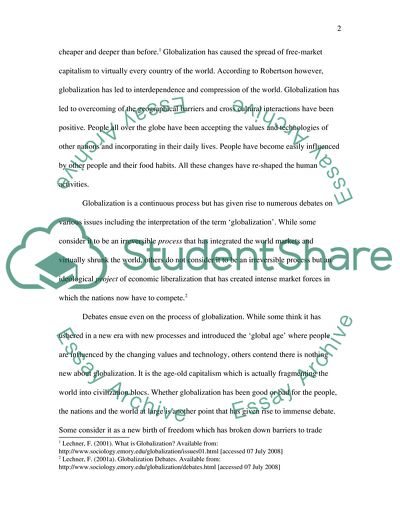Cite this document
(Globalisation's Impact Research Paper Example | Topics and Well Written Essays - 2250 words - 2, n.d.)
Globalisation's Impact Research Paper Example | Topics and Well Written Essays - 2250 words - 2. https://studentshare.org/social-science/1715015-research-paper
Globalisation's Impact Research Paper Example | Topics and Well Written Essays - 2250 words - 2. https://studentshare.org/social-science/1715015-research-paper
(Globalisation'S Impact Research Paper Example | Topics and Well Written Essays - 2250 Words - 2)
Globalisation'S Impact Research Paper Example | Topics and Well Written Essays - 2250 Words - 2. https://studentshare.org/social-science/1715015-research-paper.
Globalisation'S Impact Research Paper Example | Topics and Well Written Essays - 2250 Words - 2. https://studentshare.org/social-science/1715015-research-paper.
“Globalisation'S Impact Research Paper Example | Topics and Well Written Essays - 2250 Words - 2”. https://studentshare.org/social-science/1715015-research-paper.


